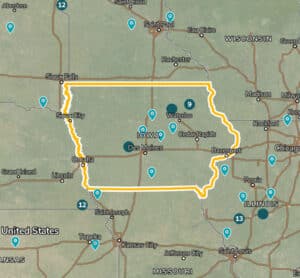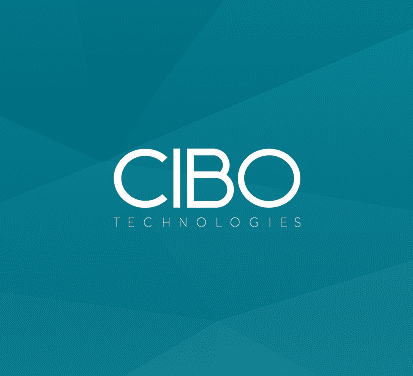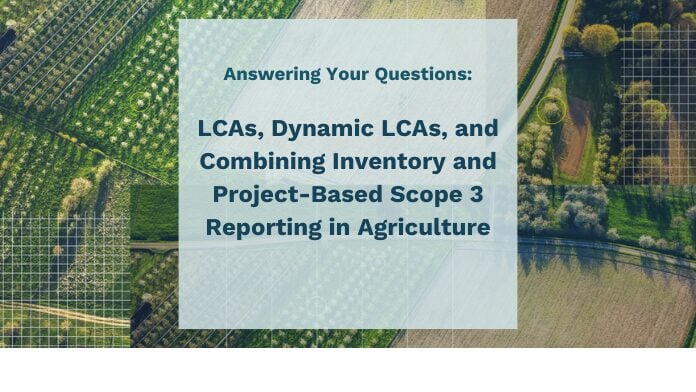MODELING & REPORTING
Verified insights to drive growth.
CIBO's scientifically validated SALUS model provides the rigorous verification and credible data your agriculture programs need to succeed. With peer-reviewed science backing every insight, you can confidently scale initiatives, meet compliance requirements and drive growth.
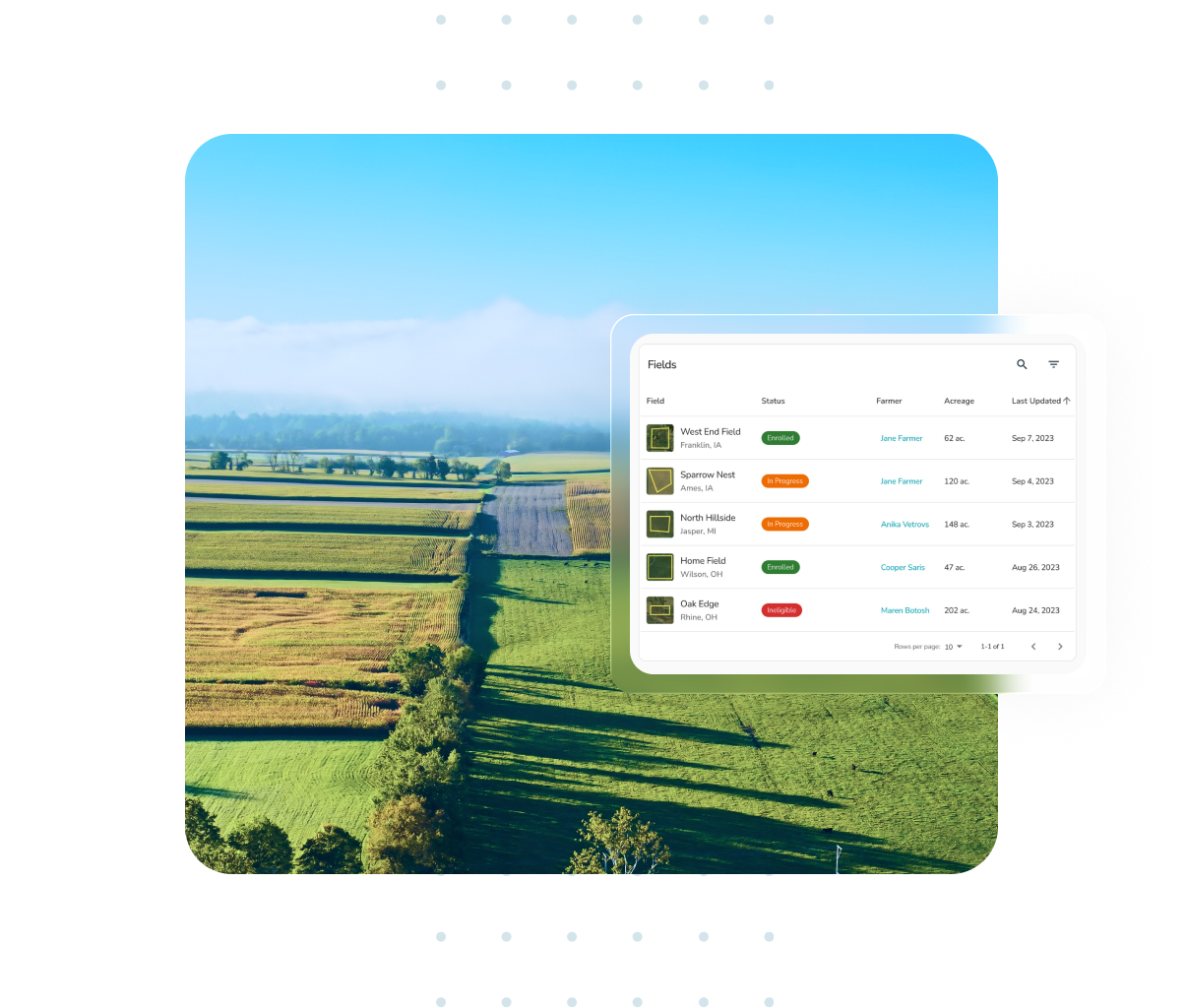
Plan and execute initiatives with precision and confidence.
.png)
From strategic planning to real-time reporting.
Best-in-class modeling and reporting capabilities.
Simulate potential carbon and yield impact of conservation practices
Get credible, verifiable impact data without requiring physical soil sampling
Use open platform feature to integrate with third-party models
Plan smarter with historical baseline and “what-if” scenario modeling
Configure reporting dashboards to streamline performance tracking and reporting
Integrate data directly with enterprise systems for audit-ready disclosures
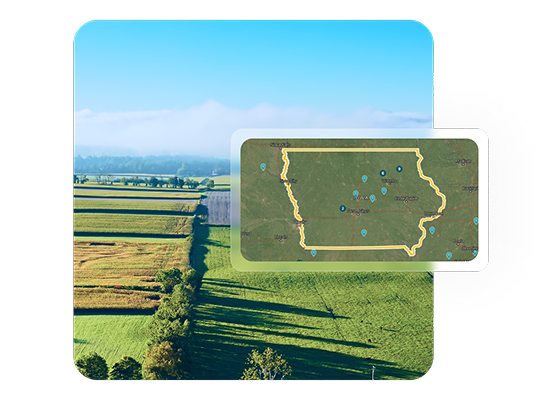
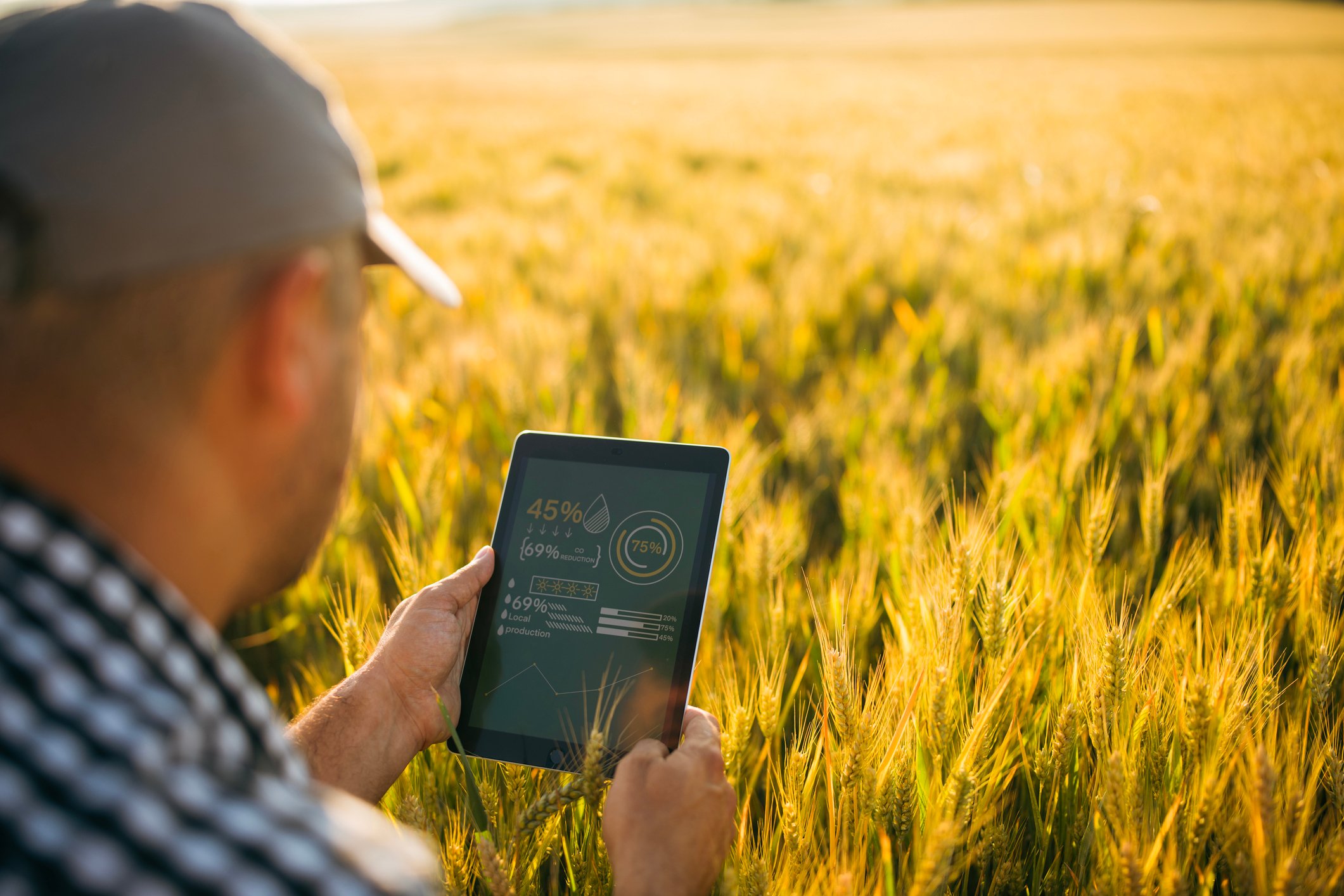
Field-level precision at enterprise scale.
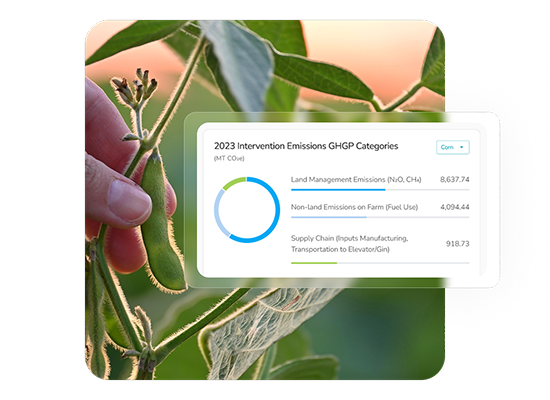
Industry-first open platform technology.

Precision agricultural science at unprecedented scale.
"The SALUS model is designed to capture the complexity and real-world dynamics of agricultural systems. It simulates how crops grow, how crops and soils respond to weather conditions, and management practices, and how the complex interactions evolve across diverse environments and over decades. What makes SALUS unique is its robustness and its ability to reproduce field-scale observations while capturing long-term outcomes, an essential capability for making reliable scalable, science-based decisions in farming.
It’s incredibly rewarding to see SALUS now driving innovation beyond the research community, especially as the engine behind platforms like CIBO Technologies, which I am extremely privileged to have co-founded. These applications take the rigor of scientific modeling and translate it into actionable insights for growers, agronomists, and sustainability professionals. Whether it's optimizing profitability, reducing the carbon footprint, or verifying regenerative practices, SALUS helps bridge the gap between cutting-edge science and real-world agricultural impact. It has become the model for truly advancing sustainable agriculture by improving farmer profitability, supporting rural community prosperity, and enhancing environmental performance."
- Bruno Basso
Co-Founder and Chief Scientist, Ph.D.

Data confidence to drive innovation.
SOFTWARE SOLUTIONS
Explore CIBO’s platform.
You’ve explored our modeling and reporting capabilities––now dive into the other capabilities that drive results.

Frequently Asked Questions
Get answers to common questions about CIBO's modeling and reporting capabilities.
Resources
Get the latest news and insights.

